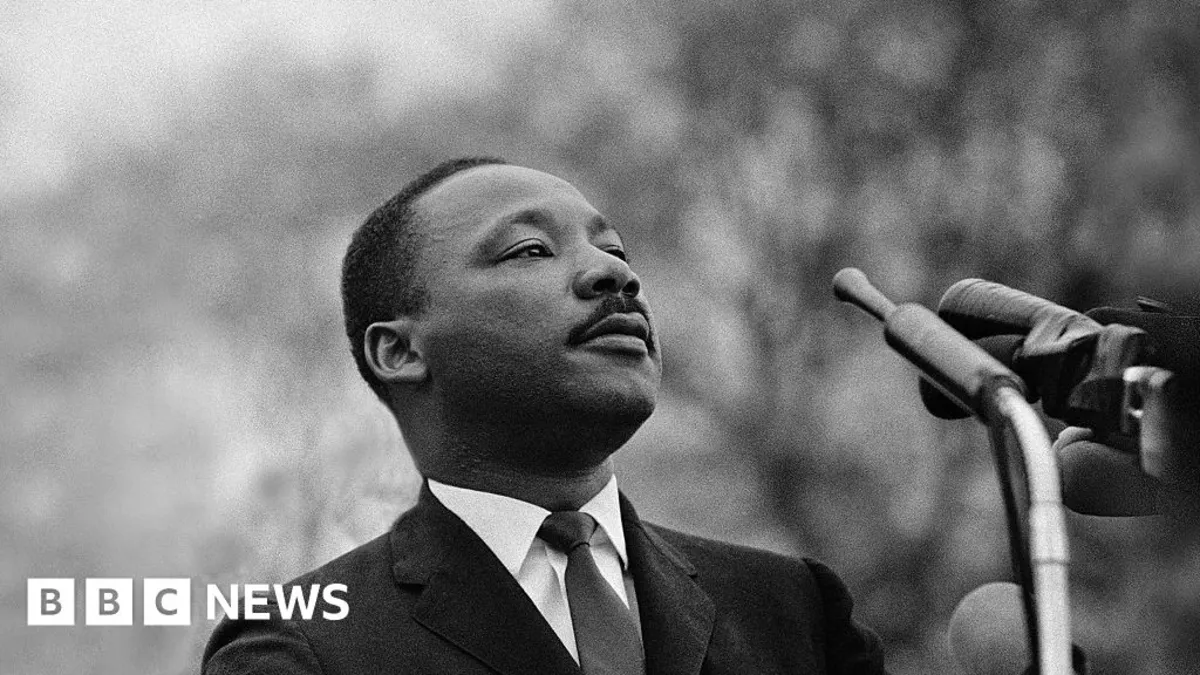
The Trump administration has unveiled a significant collection of documents related to the assassination of Martin Luther King Jr., which includes crucial FBI surveillance files concerning the iconic civil rights leader. This release comes after a court-imposed order had kept these FBI documents, totaling an astonishing 230,000 pages, from public access since 1977.
Several members of Martin Luther King Jr.'s family have expressed strong opposition to the release of these documents. In a poignant statement, his two surviving children, Martin Luther King III and Bernice King, condemned any attempts to exploit these documents in ways that could potentially undermine their father's enduring legacy. They emphasized the importance of approaching the release with the utmost sensitivity.
Martin Luther King Jr., who was a dedicated Baptist minister and a prominent figure in the civil rights movement, was tragically shot in Memphis on April 4, 1968, at the young age of 39. The man convicted of his murder, James Earl Ray, was a career criminal who initially pleaded guilty but later recanted his confession. In their statement, King's children urged the public to engage with the released files with "empathy, restraint, and respect" for their family's ongoing grief.
The King family articulated their concerns regarding the extensive surveillance their father faced during his lifetime. They stated that King was the target of an "invasive, predatory, and deeply disturbing disinformation and surveillance campaign" orchestrated by J. Edgar Hoover through the FBI. This government-sanctioned surveillance was characterized as a violation of privacy and a direct assault on the truth, stripping King of the dignity and freedoms that every private citizen deserves.
On the campaign trail, President Trump made a commitment to the American public to release files related to the assassinations of both Martin Luther King Jr. and former President John F. Kennedy. In January, he took significant steps by signing an executive order that mandated the declassification of documents pertaining to both assassinations, as well as the records related to the assassination of Robert F. Kennedy. This move reflects a broader effort to increase transparency regarding pivotal events in American history.
The release of these records not only sheds light on the past but also raises important discussions about the legacy of Martin Luther King Jr. and the implications of government surveillance on civil rights leaders. As the public engages with these newly available documents, it is crucial to remember the historical context and the impact of these events on the ongoing struggle for justice and equality.